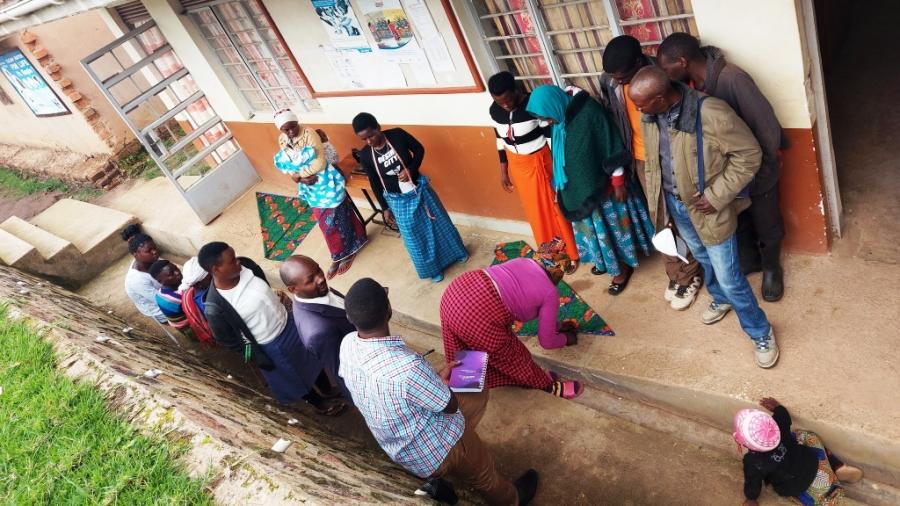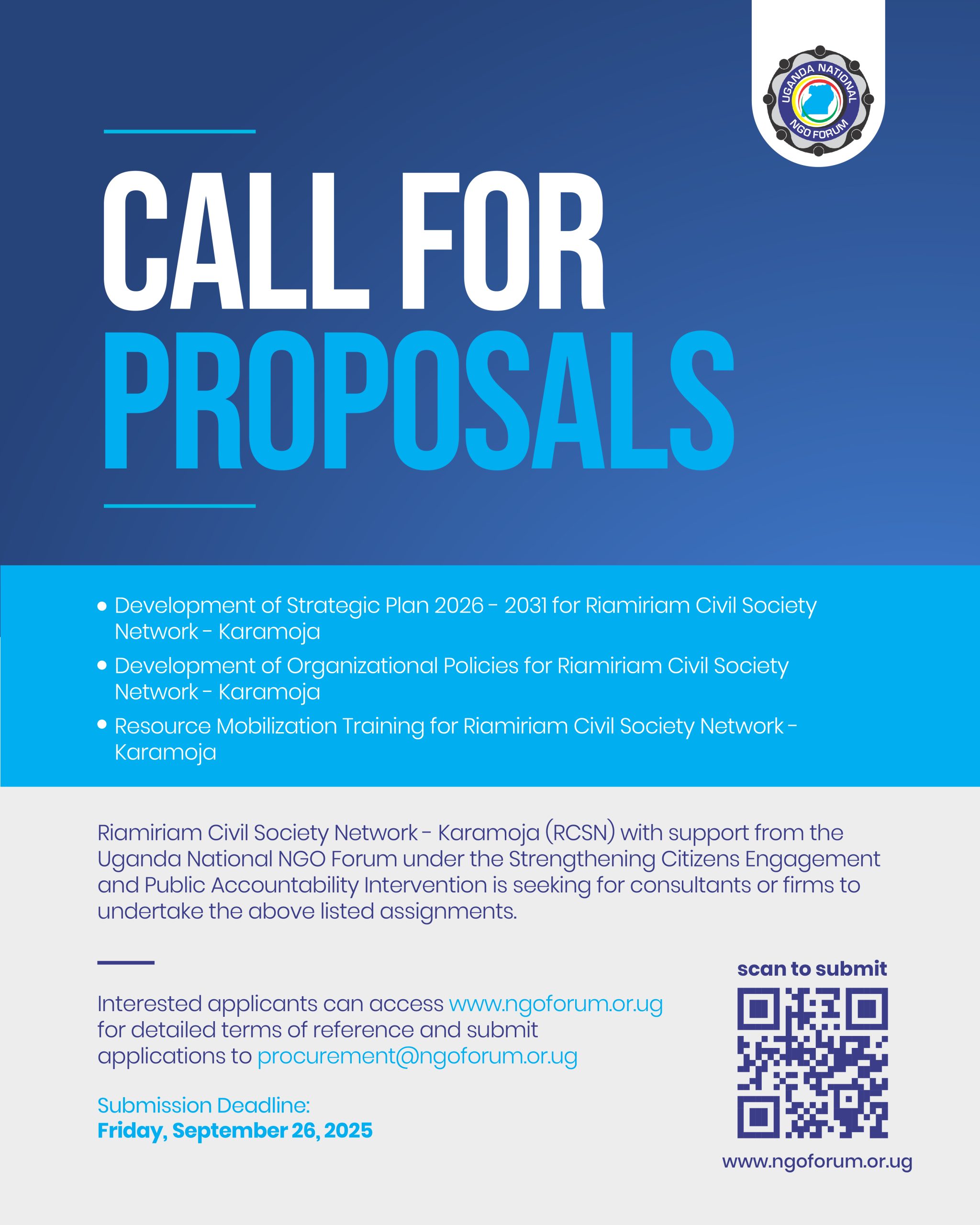
Community Philanthropy breathing life into Batwa Community
In the 1990s, the Batwa, a community that had long inhabited the equatorial forests were compelled by government to vacate their ancestral homes. This directive aimed to protect biodiversity and promote tourism, leading to the establishment of Mgahinga National Park, Bwindi Impenetrable National Park, and Echuya Forest Reserve. The Batwa’s historical presence was concentrated in South-Western Uganda in the districts of Bundibugyo, Kabale, Kisoro and Rukungiri.
The Batwa’s traditional way of life centered around communalism, hunting, use of herbal medicine derived from the natural tree species. However, they were abruptly thrust into a new reality, one dominated by monetary transactions and the challenges of fitting into a capitalistic world. Adapting to this paradigm shift proved to be a formidable struggle for the Batwa.
In an effort to empower the Batwa and help them navigate these challenges, the community in Ikamiro parish, Muko Sub county – Rubanda district took a bold move to mobilise local resources to enhance their potential. Under the auspices of Kigezi Orphans & Vulnerable Children Living with HIV/AIDS (KADOLHA), the community has made a generous effort to support young women with skills in tailoring. The campaign that started in June 2023 has been embraced by community leaders, business community of Karengyere and Rubanda District at large. While the goal is to secure 20 sewing machines, the initiative has already mobilized four, thanks to the generosity of the community. Noteworthy is the contribution of Evalyne Ainembabazi, a skilled woman in tailoring, who has volunteered her time to train Batwa women.
She shared, “The Batwa are my neighbors, they always visited me and admired how I was applying the sewing machine. I felt compelled to share my knowledge with them” says Evalyne Ainembabazi.
Another generous elder opted to share his bee keeping skill. “Ever since government evicted these Batwa, they got stranded, and they are our neighbors. Batwa used to eat honey while in the forests, this is why I decided to train them in commercial bee keeping so they can raise some money by selling honey both locally and beyond” Mr. Haruna Mutabazi, a resident of Karengyere Trading Centre, Muko Sub county.
Mr. Samuel Ruyanje, the Chairperson LC II, Ikamiro Parish emphasized that the Batwa people co-existed with his grandparents therefore should be supported to live a dignified life. He noted “I made a decision to employ strictly the Batwa as part of my contribution towards job/wealth creation. I also usually meet with their leaders to have conversations on wealth creation”
The question to all of us, state and non-state actors is – how can we expect a community with limited land access/ownership and capital to live a dignified life? This prompts reflection on our commitment to the Sustainable Development Goals principle of Leaving No One Behind.



